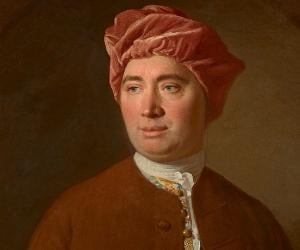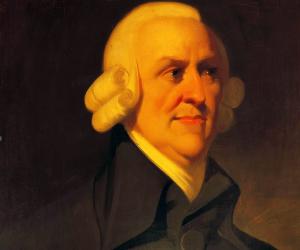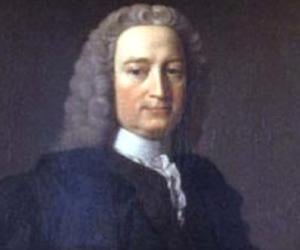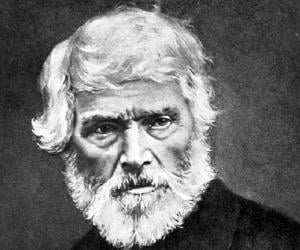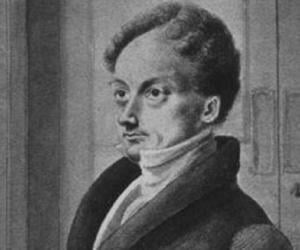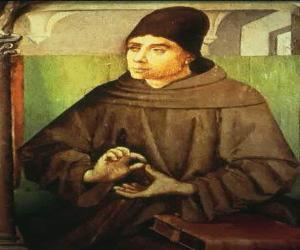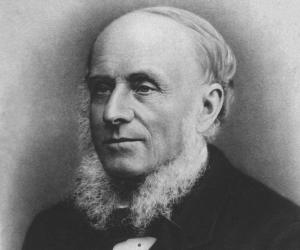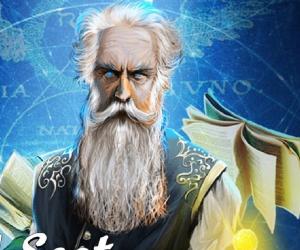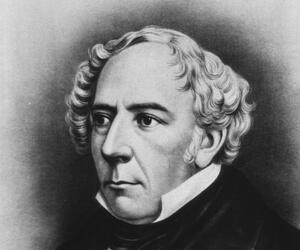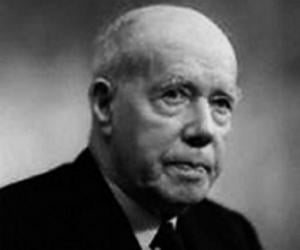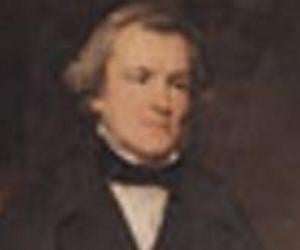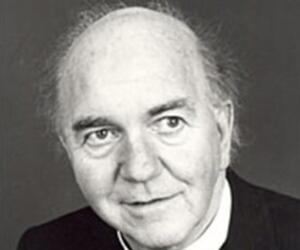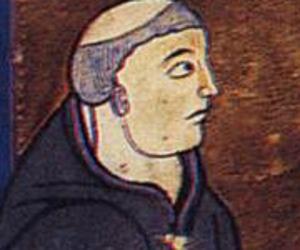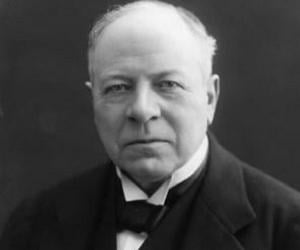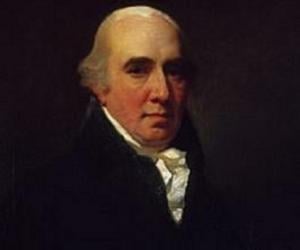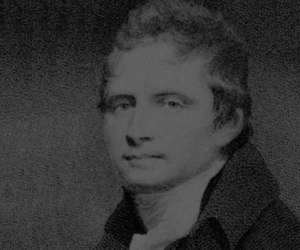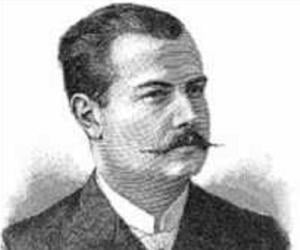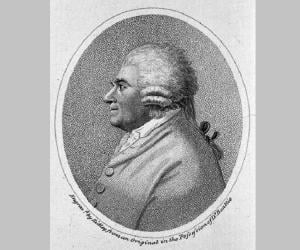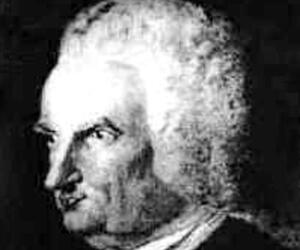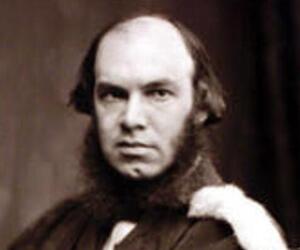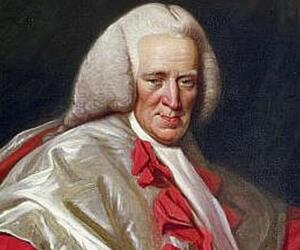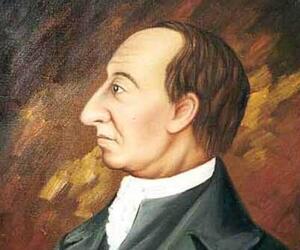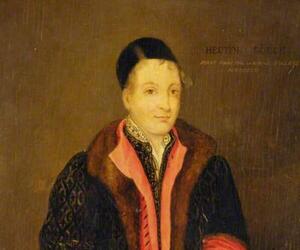1
David Hume
(Best Known for His Highly Influential System of Philosophical Empiricism, Scepticism and Naturalism)
Birthdate: April 26, 1711
Sun Sign: Taurus
Birthplace: Edinburgh, Scotland
Died: August 25, 1776
David Hume was a Scottish philosopher, historian, economist, and essayist known for his influential system of empiricism, skepticism, and naturalism. He rejected innate ideas, emphasizing experience as the sole source of human knowledge. Hume argued that inductive reasoning and causality are based on custom rather than rational justification. He believed that passions, not reason, govern human behavior, and that ethics are rooted in emotion. Hume also explored the concept of self as a bundle of perceptions and proposed a compatibilist theory of free will. His work impacted various fields and thinkers.
